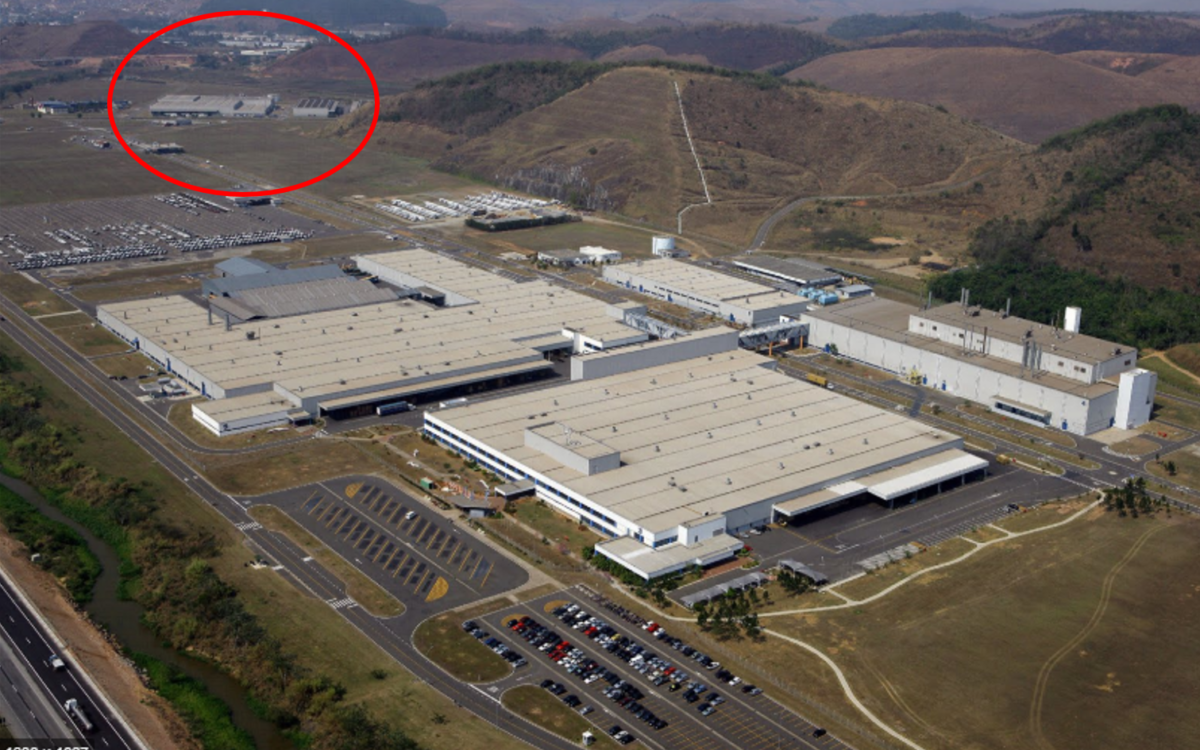British lithium-sulfur (Li-S) battery manufacturer Oxis Energy has revealed how Brazil’s public bus fleet will help it drive down the cost of its products.
Huw Hampson-Jones, CEO of the Oxford-based company, told pv magazine in February the company was planning to ramp up production of its Li-S battery cells in planned factories in Brazil and Wales as it continued to chase a goal, announced in 2015, of a $250/kWh price ceiling by this year.
The company yesterday announced it had negotiated a 15-year lease with Mercedes Benz Brazil to use an idled production site belonging to the German carmaker in Juiz de Fora, in the state of Minas Gerais in southeastern Brazil.
The manufacturing plans outlined by Oxis, while more ambitious than those discussed three months ago, appear to have been pushed back two years. In February, Oxis stated the Brazilian facility would be operational next year and producing 1.2 million Li-S battery cells per annum with an option of expanding output to 5 million, depending on demand. Yesterday’s update stated the 5 million figure would be a starting point – from 2023 – with the company having the option of doubling the 20,000m² production site and output.
E-buses
An Oxis press release stated the factory would produce the company’s e-mobility cells and battery packs for use in aircraft, marine applications and electric trucks – and with a particular focus on e-buses.
Popular content
“Our aim is to aid the Brazilian government to eliminate all ICE (internal combustion engine) buses over a period of 25 years, equating to the production of over 4 billion cells,” said Hampson Jones in the press statement. “Brazil has the third largest bus market in the world, with 700,000 ICE buses currently in circulation.”
The company, which claimed to be in talks with “blue chip” Brazilian manufacturers about use of its products in aircraft as well as buses and trucks, said it was on the hunt for collaboration projects with Brazilian universities.
Oxis said it negotiated the factory lease with the help of Minas Gerais development organization Codemge and revealed Brazilian company Nordika Pharmaceutical will perform design and engineering at the factory site.
A spokesperson for Oxis Energy was unable to confirm whether plans to open a 500,000-cell manufacturing facility at Kenfig Hill, near Port Talbot in Wales in 2022 remained on track.
This content is protected by copyright and may not be reused. If you want to cooperate with us and would like to reuse some of our content, please contact: editors@pv-magazine.com.



2 comments
By submitting this form you agree to pv magazine using your data for the purposes of publishing your comment.
Your personal data will only be disclosed or otherwise transmitted to third parties for the purposes of spam filtering or if this is necessary for technical maintenance of the website. Any other transfer to third parties will not take place unless this is justified on the basis of applicable data protection regulations or if pv magazine is legally obliged to do so.
You may revoke this consent at any time with effect for the future, in which case your personal data will be deleted immediately. Otherwise, your data will be deleted if pv magazine has processed your request or the purpose of data storage is fulfilled.
Further information on data privacy can be found in our Data Protection Policy.